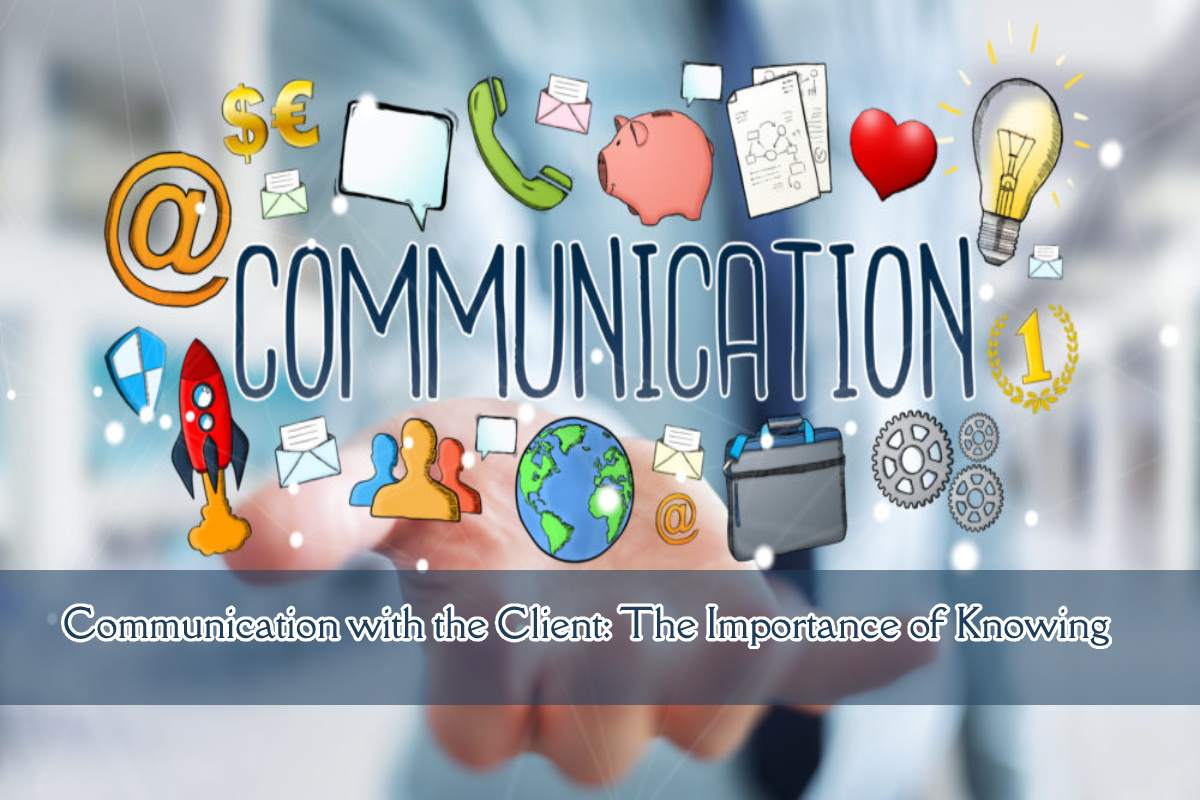Welcome to the intense world of Business-to-Business (B2B) commerce, where success requires trust. When two businesses come together in a professional relationship, the stakes are high, and the expectations are often greater than in consumer markets. Yet, the art of building trust diminishes neither with scale nor complexity; it becomes the foundation of every prosperous B2B interaction.
Table of Contents
The Dynamics of Transparency in B2B
When it comes to B2B exchanges, transparency isn’t just appreciated; it’s demanded. Businesses expect clear communication, straightforward pricing, and honest negotiations. The mystery isn’t a game B2B clients are willing to play, nor should it be.
Transparency breeds trust by eliminating ambiguity in transactions and interactions. Whether it’s an unforeseen delay or a sudden change in pricing, businesses that choose transparency over withholding information signal reliability. This fosters an atmosphere where issues are addressed upfront, and solutions are reached collaboratively, thereby enhancing client loyalty.
Alongside nurturing relationships, transparency has a profound impact on the decision-making processes within businesses. When information flows seamlessly, it empowers stakeholders at all levels to make informed choices, reducing time and resources spent on unraveling hidden complexities. Transparent practices not only set the tone for smooth workflows but also inspire a culture of accountability, where every contributor feels valued and heard, further strengthening inter-organizational trust.
In today’s digital space, leveraging B2B marketing channels like SEO for industries can significantly enhance a company’s visibility online. Adopting such advanced strategies not only boosts a company’s profile but also plays a vital role in maintaining transparency and reliability, two vital components of building trust in the rapidly changing digital marketplace.
Why Customer Trust is Non-negotiable in B2B
Trust isn’t a negotiable aspect in B2B; it’s the backbone of mutually beneficial agreements, partnerships, and lasting collaborations. Without an established foundation of trust, businesses hesitate to commit resources and make informed decisions. In B2B relationships, trust isn’t simply about credibility—it’s also about consistency, transparency, and integrity.
Think of it this way: if a client believes your business won’t deliver as promised, neither long-term contracts nor lucrative deals will ever materialize. In other words, trust determines whether emails are returned, meetings get scheduled, and proposals move forward. It’s this intangible currency that ensures businesses are aligned and work seamlessly towards shared objectives.
Moreover, B2B trust mitigates the risks associated with uncertainties in the market. It creates a safety net, reducing apprehensions related to potential disruptions or unforeseen circumstances. A trustworthy business partner signifies stability, and this assurance becomes a rare competitive advantage in turn. As businesses cultivate trust, they foster an environment where open dialogue is welcomed, setting the stage for innovation and resilience even during challenging economic climates.
Leveraging Data for Trust-building
Data in B2B isn’t just a decision-making tool; it shapes perceptions about trustworthiness and competence. Risk mitigation, informed forecasting, and strategic planning rely heavily on solid data-backed claims. Decision-makers expect insights and reports that are grounded in authentic, verifiable data.
A business that harnesses data responsibly and accurately enhances its reputation for professionalism and diligence. Whether it’s simplifying complex data to inform clients or using analytics to anticipate market trends, businesses that prioritize data become synonymous with authority and expertise in their field.
In the age of information, where data is plentiful but often overwhelming, the ability to distill valuable insights is paramount. Transparency in data handling, from collection to interpretation, assures stakeholders that they’re interacting with a resourceful and adept entity. When a company is perceived as an insightful analyst, not just a data collector, it instills confidence in its partners, who trust the company’s ability to navigate market shifts and fuel collaborative strategies effectively.
Showcasing Reliability Through Consistency
Reliability isn’t awarded overnight; it’s a hard-earned badge that requires consistency in both service and product delivery. Every successful B2B company knows the impact of meeting deadlines, fulfilling commitments, and maintaining quality—from the smallest component to the largest project.
When your company demonstrates unwavering reliability, you stand out in a crowded market. Businesses desire partnerships they can count on, and through consistency, your business can ensure it becomes their go-to choice. The ripple effect of consistent performance solidifies long-term partnerships and increases the likelihood of glowing referrals, thereby expanding your network and propelling further growth.
Every repeated success becomes a case study in reliability, resonating in the minds of businesses that observe patterns and evidence of consistent execution. Such consistency reinforces confidence, building momentum and paving the way for deep-rooted trust. It affirms the organization’s reputation for quality and service, reassuring existing partners while attracting new ones eager to benefit from a tried-and-tested track record.
Understanding the Role of Ethics in B2B
Ethics: a small word but with towering implications. In B2B settings, ethics can’t be reduced to mere lip service. They’re fundamental to maintaining trust, honoring commitments, and sustaining partnerships.
Companies that overlook ethical practices leave themselves vulnerable to skepticism and potential fallout. However, organizations that embrace fair dealings, adhere to legislation, and implement sound corporate policies demonstrate integrity and boost client confidence. This ethical commitment forms a robust pillar that supports enduring trust and makes inevitable challenges manageable.
The adherence to ethical standards lends itself to creating a positive, rewarding corporate culture, where employees are motivated to uphold the principles set forth by their leaders. Promoting ethical behavior bolsters morale, attracts talent, and even gains the favor of conscientious consumers and investors. This ethical foundation becomes a vital differentiator in B2B networks, where leverage is built on integrity rather than mere transactional advantages.
Conclusion
Building customer trust in the B2B sphere is not just theoretical—it is the heartbeat of successful business relations. Patently simple yet profoundly effective, trust is nurtured through transparency, reliability, data authenticity, and a steadfast commitment to ethical practices. In fostering these virtues, businesses not only grow but thrive, leaving an indelible mark on the vast tapestry of global commerce. Trust isn’t just a goal—it’s the key to unlocking sustained success.



